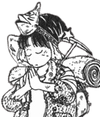Talking games | Dragon Quest
A cozy illusion. A comfy lie.
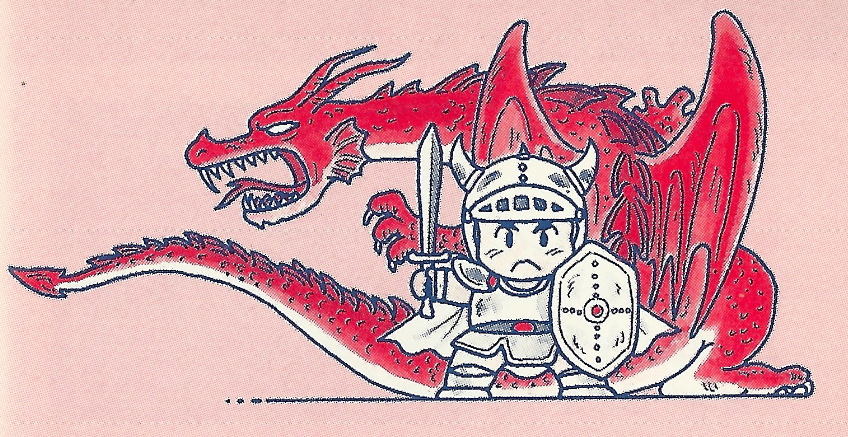
My Neighbor Totoro is a classic of good vibes, a towering masterpiece of cozy, a monument of wonder and warmth. It’s played for young kids on loop like an incantation, makes adults smile that gentle smile that can only come from wistful nostalgia. Its theme song is an elementary school classic, its characters eternal mascots for kindness. There’s just no movie in the world better for brightening up a gloomy day or warming you up like a toasty blanket.
There’s only one problem with all of this: I find the movie almost unbearably distressing. All those fan theories about murder and ghosts or whatever are silly, but they are correct in that it’s a movie wrapped up from toe to tip in unspoken anxiety. A sick, hospitalized mother hangs over the wonder, Totoro and his cohorts a magical retreat and reckoning with bubbling fears of mortality, and that’s to say nothing of the climax, when Mei goes missing. After that first watch, every subsequent viewing for me has been a growing knot in the stomach of expectation, of knowing that “oh no she’s gonna run off and everybody is gonna freak out and they’ll all think she’s drowned maybe”.
The world calls it wholesome and comfy; it makes me want to cry.
I have a similar reaction to the first Dragon Quest. One of the most important games in the medium’s history, the beginning of the great Japanese RPG series, a title famous for its whimsy and color, its thriving sense of adventure, its quirky, comforting charm…and a game that feels like endless rain.
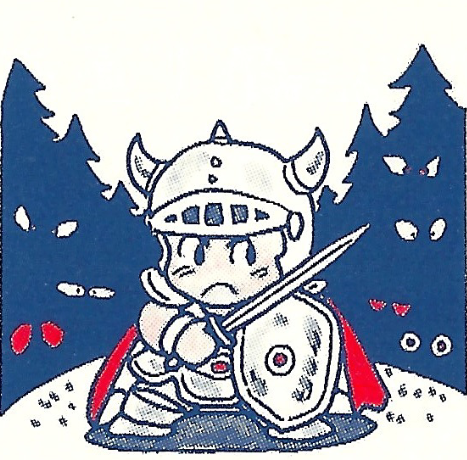
Dragon Quest is lonely. It’s heavy. It bears weight to be shared with the player like boulders carried on the back. If it’s an adventure, then it’s not one of childhood fancy and discovery but of legend. There are no party members to travel with, no silly side-quests with silly friends, no casual asides or cat-and-mouse chases or ancient discoveries or shocking twists. There is only you, the destined one, the one chosen by fate with purpose in your blood, the one the world decided would save everyone long before you ever existed. And if even if you didn’t ask for that, even if you tried to fight against it, you would inevitably realize that you have no choice. Not really.
Dragon Quest’s illusion of choice is famous, parodied and joked about more times you can count. Sure, you might be asked a question, and sure it might let you answer with a yes or a no, but unless you want to be stuck in an endless time loop, you’re choosing yes.
“Please, hero! Save our kingdom!”
“No.”
“Ahem. Maybe you didn’t hear me right. I said save our kingdom!”
“No.”
“Ahem. Maybe you didn’t…”
Here in the original, this isn’t just some cute joke or, as some people tiredly try to claim, restrictive, aged, or even bad game design—it is the game. You are the hero, descendant of the great Loto, you have to say yes, and everyone is constantly reminding you of this. NPCs are sparse and the few that exist all say the same things: we need you, you’re our last hope, you’re descended from greatness, you are a hero reborn, if you fail then it’s all over. Choice isn’t an option. The world makes sure of that.
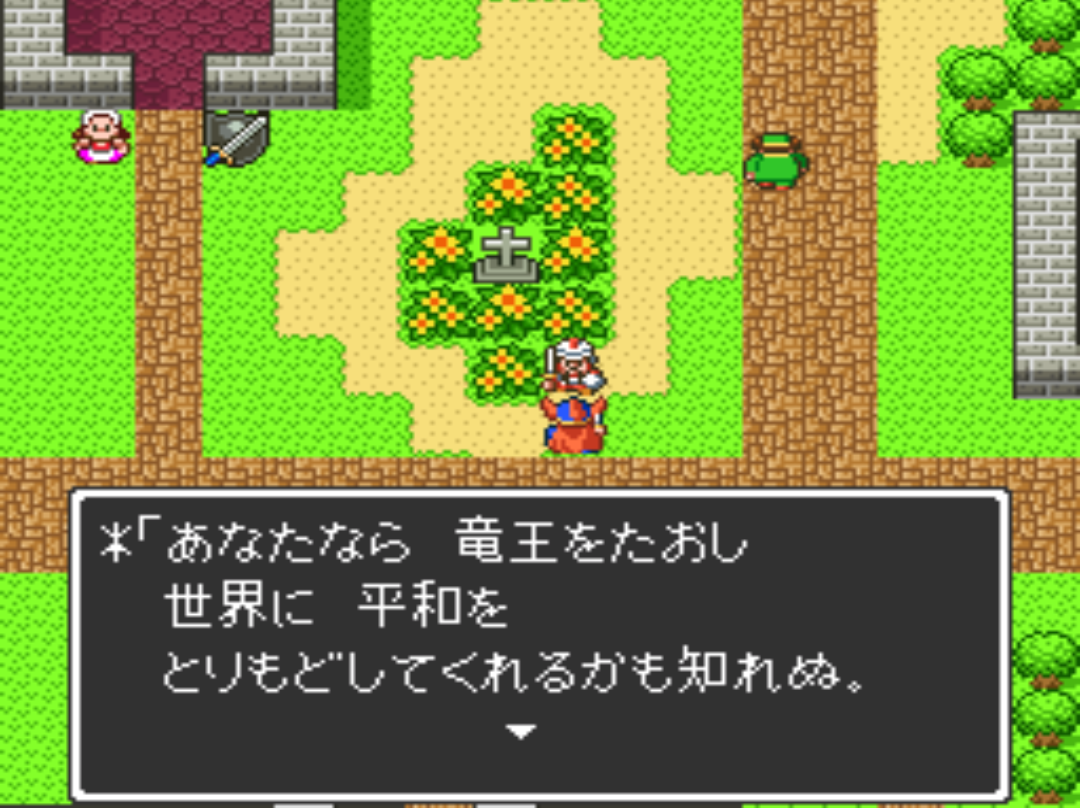
It’s a world that is small and dead. You get to visit such varied locations as poison swamp, destroyed city, poison swamp, buried grave, and how could I forget the poison swamp? It’s rotting, decomposing, those swamps appearing on the map like gashed open skin or a slowly spreading virus. You have to save this kingdom, everyone says so, but what is there to even save anymore?
It doesn’t help that the overworld theme, the track (along with the discordant battle theme) you’ll hear the most on your journey, doesn’t bring to mind images of swash-buckling adventure in the slightest. Instead, it is minor and haunted, reminiscent of heavy mist, overcast skies, pensive emptiness.
The illusion of choice burrows deeper. There is pointedly no game over screen in Dragon Quest. You can’t ever truly lose. Sure, you can die and experience death a thousand times over, but you’ll just be revived and brought back to the castle, reminded who you are and what is at stake and forced to try again. Your life is exactly the same as those lying dialogue options.
Maybe that’s part of why the villain’s final offer is so tempting. Here, for once in your life, seems like an honest to god choice: join him and rule, have power over yourself and others. Isn’t that what we all want? Of course, the weight of destiny is too strong—even if you choose to join him, you only wake up and realize your choice was a dream.
Wake up wake up wake up, die die die, dream dream dream.
The entire franchise is like this to some degree or another. While Dragon Quest 2 would go on to codify much of the tonal associations with the series, every single mainline entry is perfectly willing to be sad and melancholy, to stew in the quiet realism of loss and expectation. They are slow games, contemplative games, games filled with space for you to sit in your own thoughts and feelings.
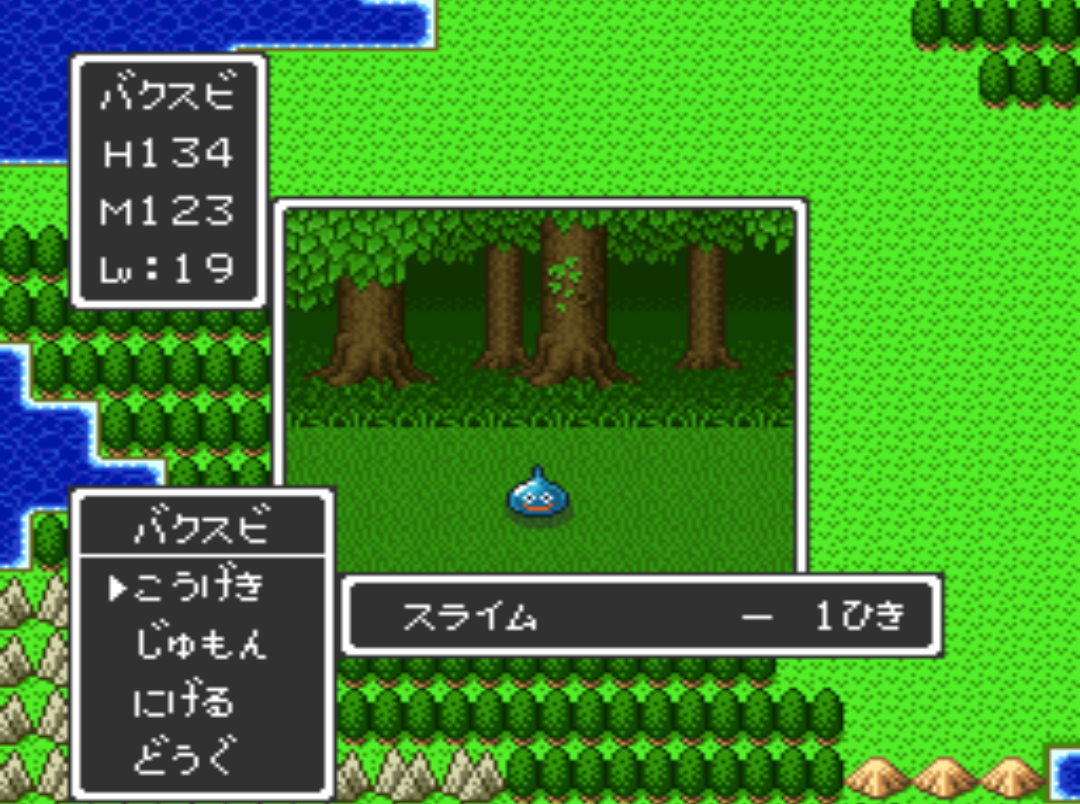
And I mean, I’m not totally blind. I get why it has the reputation that it does. Thanks to the underlying numbers game being tuned to near spiritual perfection, Dragon Quest is rarely mean and always hypnotic, moving with such a considered rhythm between exploration and battle, map beautifully expanding out from the central castle like ripples of water, that it’s easy to get sucked into a gentle meditative state while playing. And of course, Akira Toriyama’s iconic artwork does a lot of tonal heavy lifting. The slime is the perfect little guy, the cutest, most charming and lovable baddie that can and will ever exist. Combine that visual delight with the hypnotic mechanic smoothness and you get an experience deeply relaxing and stress-free, a sort of digital hot bath. I just think it’s a hot bath on a rainy night under dim lights.
I also think, like with Totoro, the tendency to flatten gentler art into the two dimensional boxes called “cozy” and “wholesome” does an incredible disservice to the emotional and tonal complexity constantly on display in these works. Hiroshi Shimizu’s films like Ornamental Hairpin and Children of the Beehive are lighter than air, as kind as kind can be. But that’s not why they’re masterpieces. They’re masterpieces because underneath that comfort is a furious anger directed at a country and society that has failed its people. Yokohama Kaidashi Kikou is one of the defining works of iyashikei (literally healing style) but what makes it a classic isn’t how polite how it is, it’s the apocalyptic melancholy of our deathwish relationship with the world drowning every page. Comfort is a symbiotic thing, I think. It can’t survive on its own. It hungers for pain, the same as all of us.
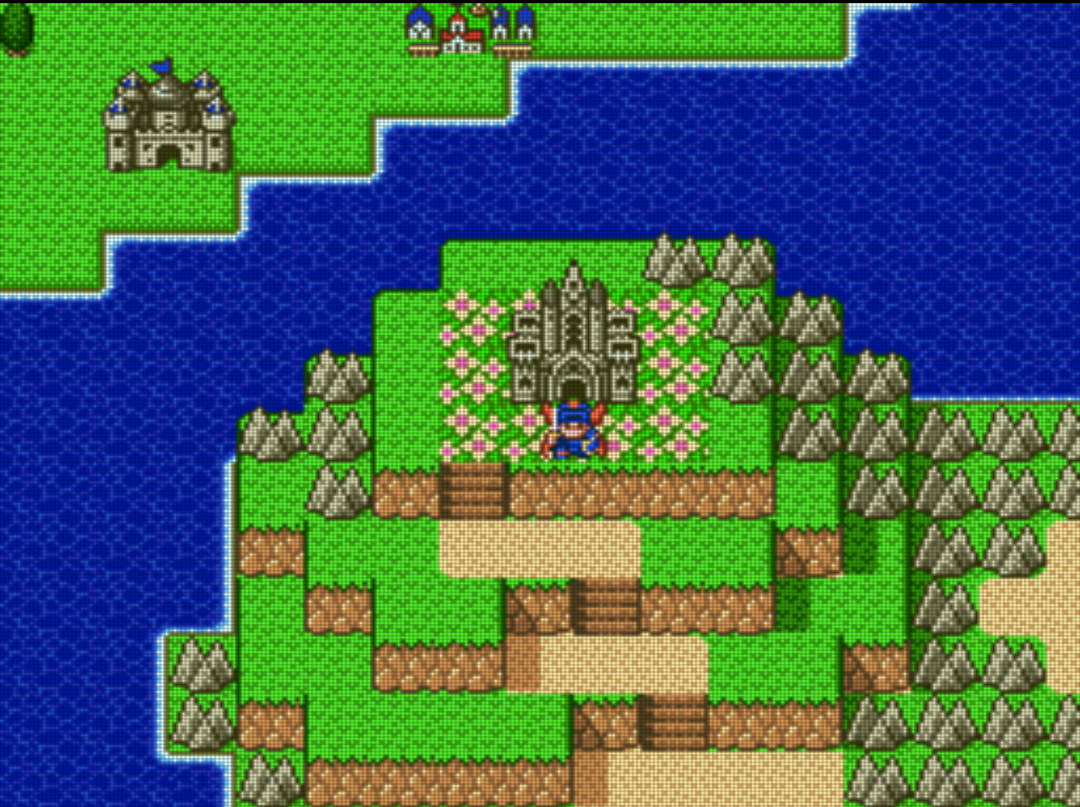
Without the oppressive weight bearing down every minute of playtime, the conclusion to Dragon Quest wouldn’t mean a thing. When you defeat the demon king, the world explodes with color and life. Where once were swamps now are flowers, and those NPCs all celebrate and cheer and congratulate you and let you know what a good thing you’ve done, how strong you are, how amazing you are. But you walk around and there are no slimes. There’s no monsters at all, the only things that gave you real choice (how you fight them if at all) and which defined so much of the personality of your journey. The land is alive again; it’s barren in a whole new way.
So you return to your kingdom, now truly a hero, take your bride, and what do you do? You leave. There’s nothing left for you there in that kingdom of peace and warmth. Just comfort. Just expectations. Just lies.
Music of the Week: Beach by Ging Nang Boyz
Popular post-hardcore/pop punk group I find totally okay releases a live album and…it's a total ear scorcher. I don’t know what happened with the recording, but this thing SCREAMS. Guaranteed tinnitus machine. Absolute feedback destruction with guitars like nails being hammered directly into your ears. Eventually the tracks slow down a bit along with the noise, but all that does is let the palpable ennui and longing at the core of these songs to peak through waves of enveloping fuzz. I seriously love this thing.
Book of the Week: The Woman in the Purple Skirt by Natsuko Imamura
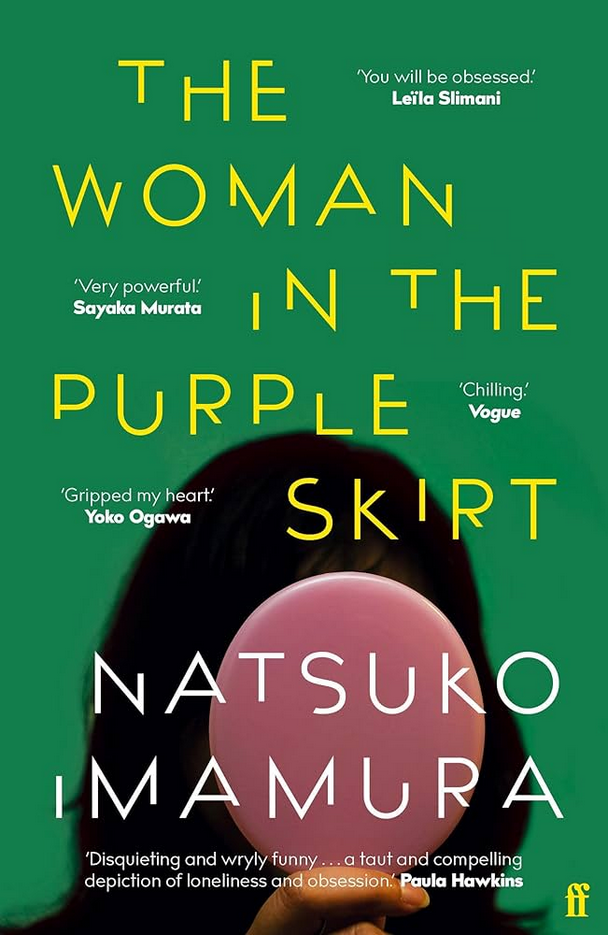
One of the most influential novels in the world for my writing personally (the way I (badly) write fiction took a complete 180 once I read this), this lightning quick novella about a woman who starts stalking the eponymous purple skirt wearing lady is…well, it’s my everything. Some of the best first-person writing you’ll read burrowing so perfectly into the mind of someone estranged from society and coming out funny, sad, scary, weird, and frequently all at once in a complex character study that avoids any attempts at easy answers or lazy simplifications. A perfect book! I genuinely think about it like once a week!
Movie of the Week: Chime (dir. Kiyoshi Kurosawa, 2024)
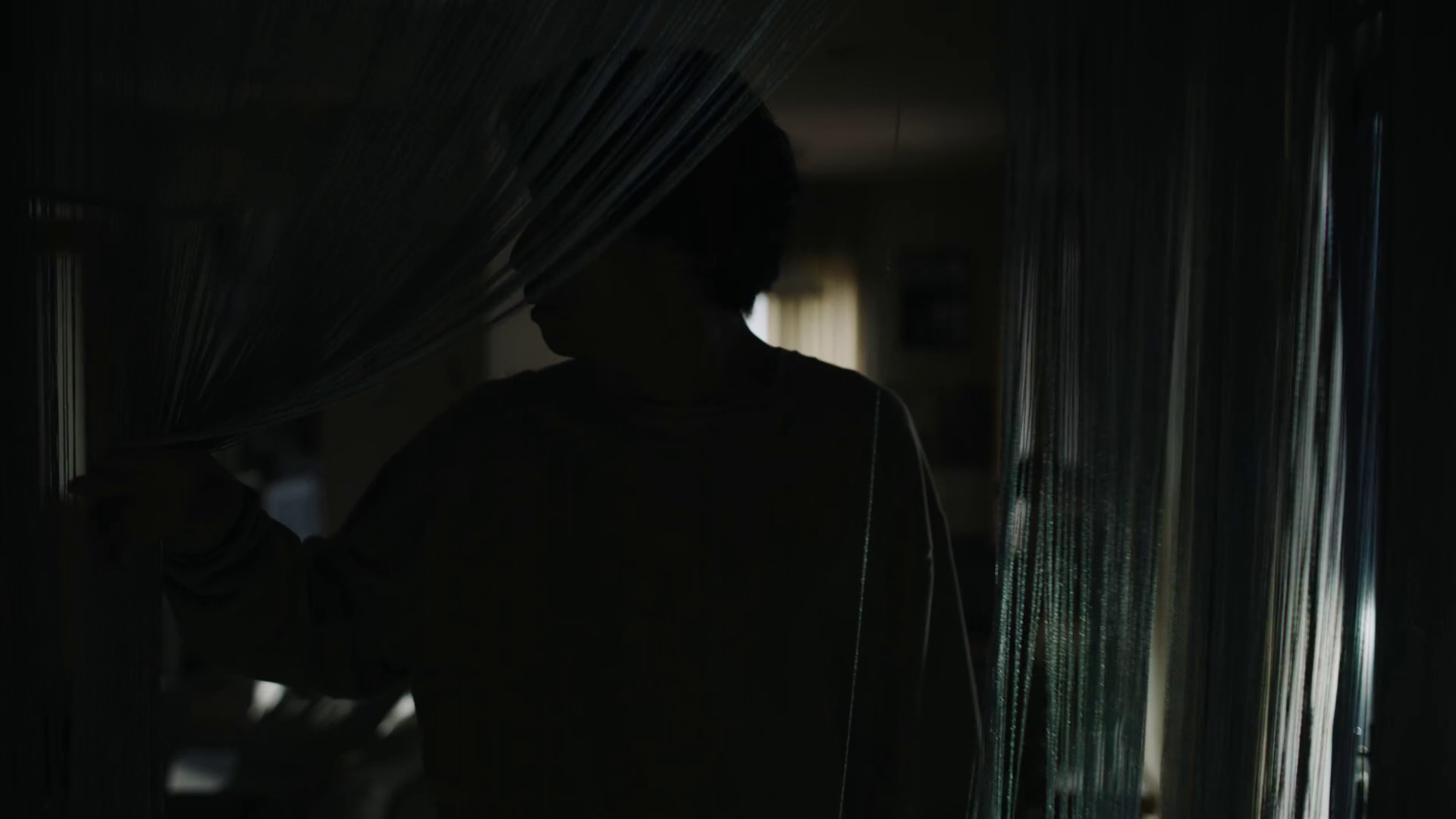
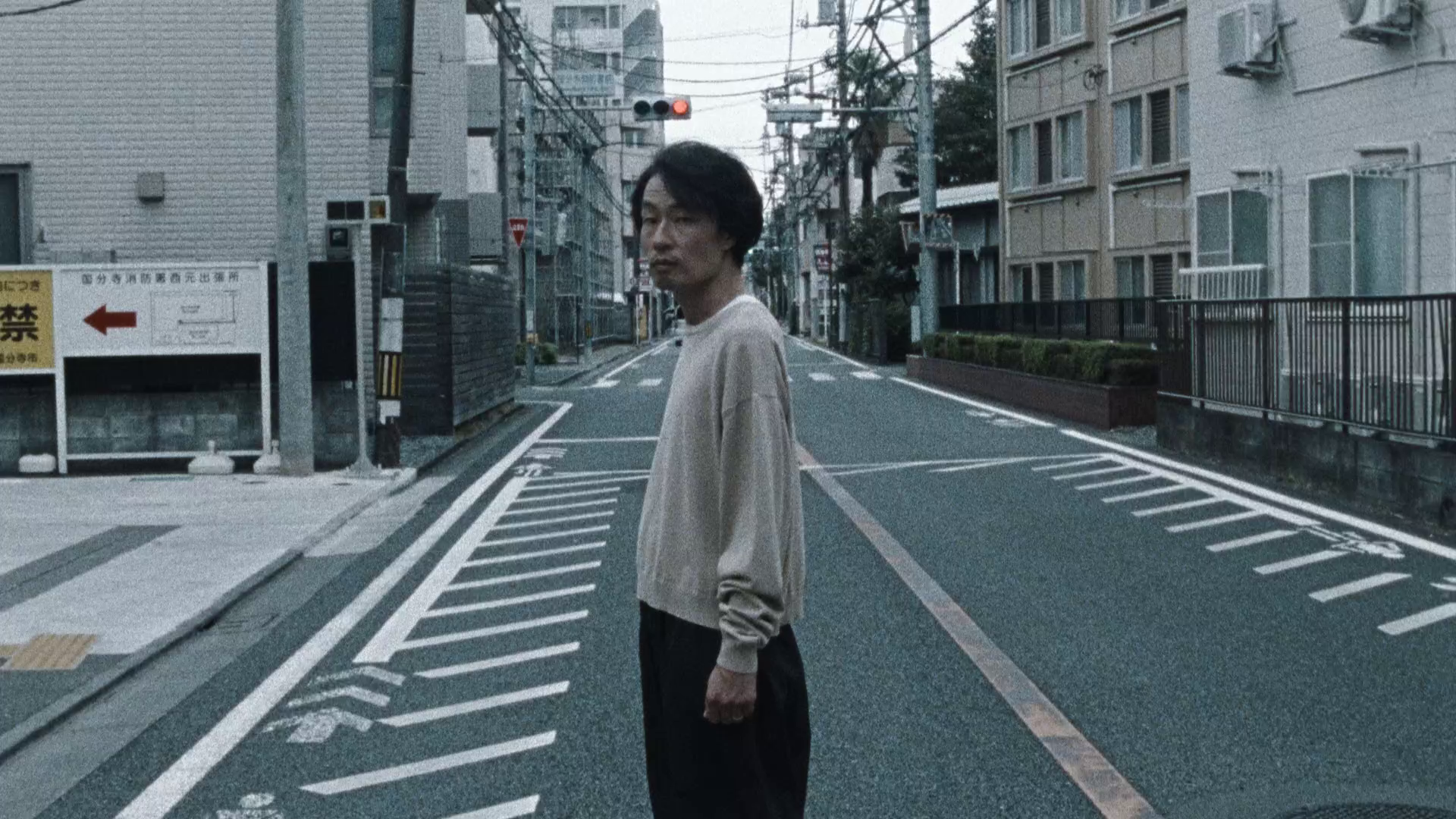
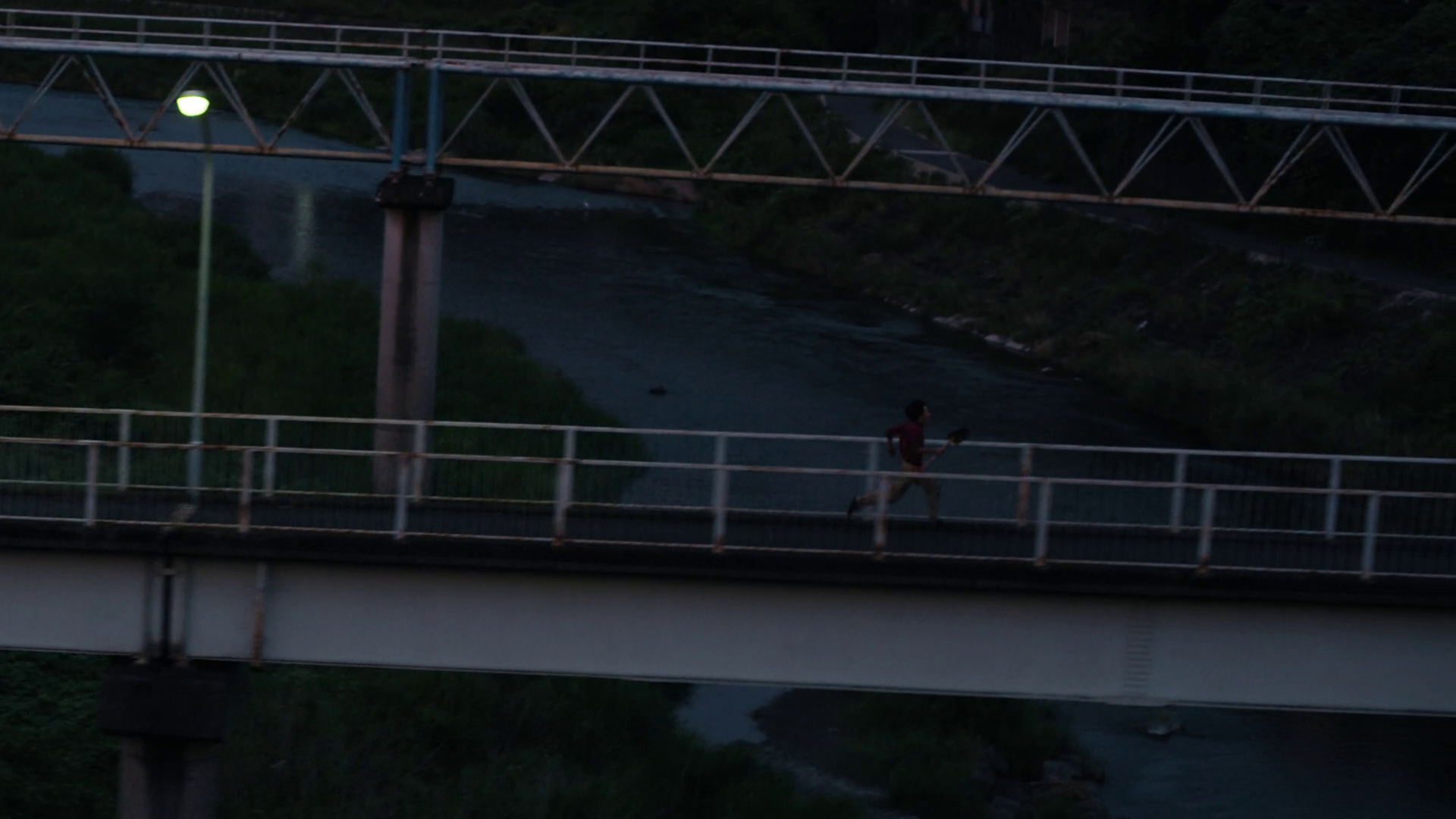
Get this out of the way first: Chime, the latest from the master of horror and unease Kiyoshi Kurosawa, was backed and released by some dumb NFT company that has idiot capitalism-pilled ideas about turning the act of watching a movie into a game of stocks with the promise of financial gain. It sucks! And it double sucks because despite that, Chime is one of the best movies of the year. A true denpa masterpiece in the classical sense. You’ll start believing that radio waves are whispering to you, that your blood is digital static, that there are interdimensional worms burrowing into your skull. Forty-five destabilizing, answer-free, nightmare minutes of “sorry, what?” and “oh jesus, what?!” Kurosawa's horror distilled.
Have thoughts about anything covered this week? Got a recommendation you’re dying to share? Want to tell me how handsome and cool I am? Leave a comment below!
oh, and here's a dive into Japanese acid folk music

